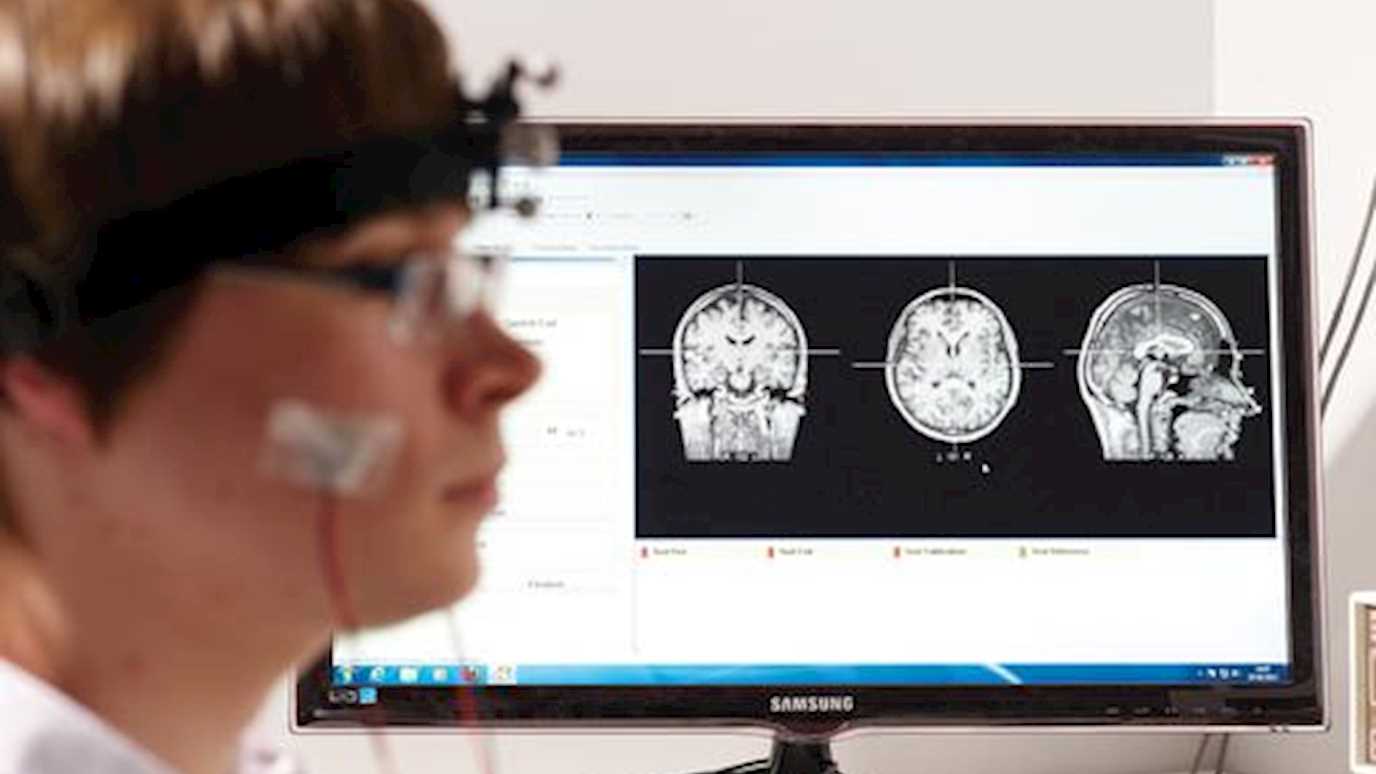A recent study carried out by academics at Royal Holloway, University of London, explores how university students perceive National Health Service (NHS) and peer-to-peer mental health support and services currently available in the UK.

The study, led by Dr Eilidh Cage from the Department of Psychology, investigates the results of a national online survey of 367 UK university students which examined their experiences with NHS mental health services, as well as their attitudes towards peer support.
The results of the survey show that since being at university, over half (55.9%) had accessed support for their mental health, and the most commonly reported form of support came from GP consultations (40.4%).
However, of those who had been in contact with NHS mental health services, more than half (58%) suggested improvements could be made. The main area identified for improvement was patient waiting times, with one participant explaining that ‘after a suicide attempt it took me six months to get an NHS psychiatric appointment.’
Aside from NHS services, the survey also examined views on peer support available at university.
Whilst 53.2% of students surveyed recognised that such support was available at their university, concerns around confidentiality, trust and whether peers would be skilled enough to support others were identified as things that would stop them accessing peer support.
This research therefore shows that addressing the current problems with NHS mental health services and facilitating appropriate peer support services at university are an important focus for policy development for student mental health support.
Speaking of the research, Dr Cage, from Royal Holloway, said: “Student mental health is an issue of growing concern, and so it is important that we look into the support that is available and how effective it is.
“The results of our survey shows that there is more that needs to be done to ensure that students are able to access the support they need. This is not only an opportunity for policy makers to rework the NHS services available, but for universities to take note and put student mental health support high on the agenda.”

























